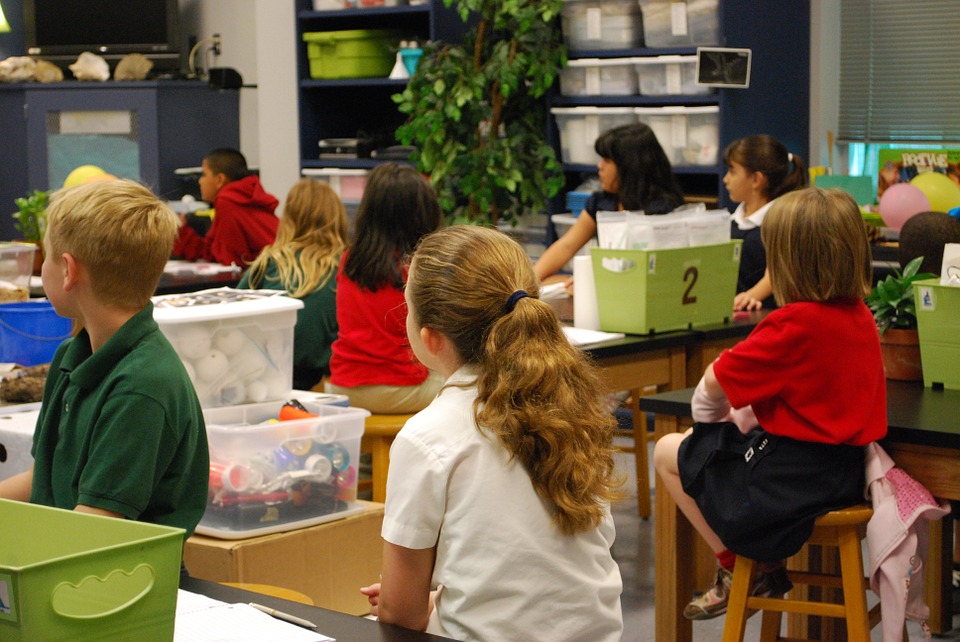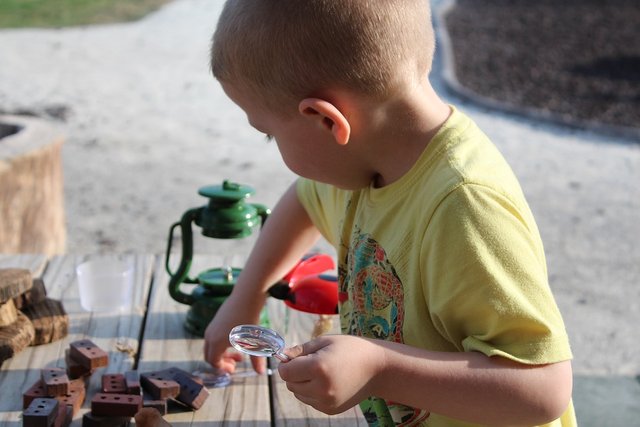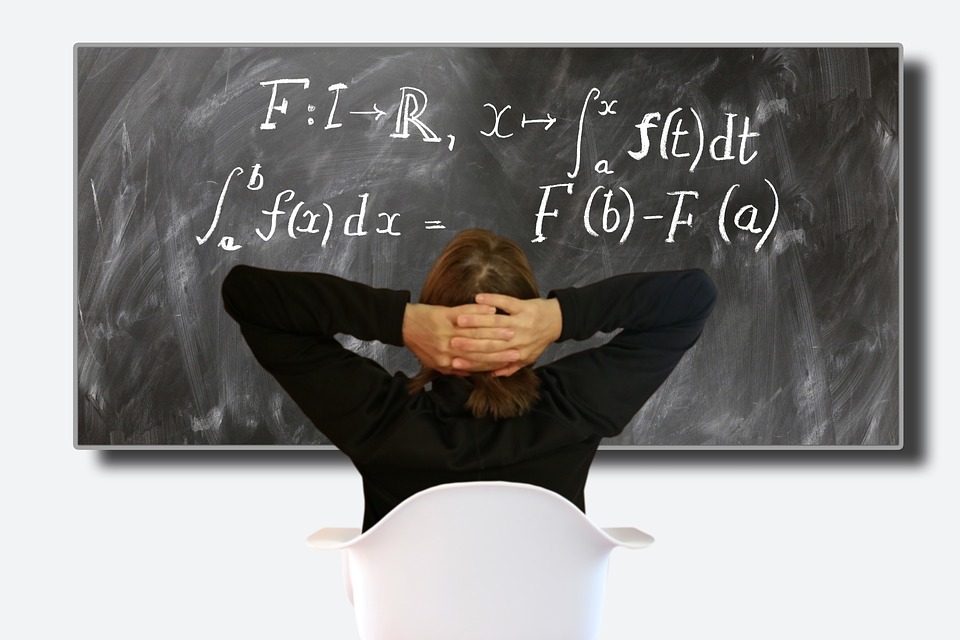Improving Knowledge of Early Childhood Science Education
Science And Education
Science is a systematic enterprise that builds and organizes knowledge in the form of testable explanations and predictions about the universe. And Education is the process of facilitating learning, or the acquisition of knowledge, skills, values, beliefs, and habits. Educational methods include storytelling, discussion, teaching, training, and directed research.
Contemporary science is typically subdivided into the natural sciences, which study the material universe; the social sciences, which study people and societies; and the formal sciences, which study logic and mathematics. The formal sciences are often excluded as they do not depend on empiricalobservations. Disciplines which use science, like engineering and medicine, may also be considered to be applied sciences.

Childhood is the age span ranging from birth to adolescence. According to Piaget's theory of cognitive development, childhood consists of two stages: preoperational stage and concrete operational stage. In developmental psychology, childhood is divided up into the developmental stages of toddlerhood (learning to walk), early childhood (play age), middle childhood (school age), and adolescence (puberty through post-puberty). Various childhood factors could affect a person's attitude formation.
Combine Play and Learn
Being a scientist is not an easy one but they usually have a soul from a childhood. Behavior from their childhood seems like they prefer unique things. For example, if a parent buys an ordinary toy there is a type of child who prefers to dismantle and reassemble than to play the game.
There are also things that escape from our monitoring for example when a child bathe. They always pay attention to the soapy foam they use, sometimes if they blow it out like spheres, their souls indirectly think even though their thinking is still very limited.

The process of introducing science to young children is more emphasized in the process than to produce a product. For young children we practice the skills of the science process that is done simply while playing. Science activities allow children to do an exploration of various objects, both living things and non-living things that are around. Children learn to find the symptoms of objects and symptoms of events of these objects.
There are also other stories like when we light a candle they observe why the candle can run out, and they are also very happy when we ask to turn it off. Sometimes when they make a syrup drink they see the syrup mixed with a glass of water will change the color. The process that occurs above is one process that many relate to science. Although sometimes the parents never observed it that happened to the child from an early age.
Looking For Ideas
We as parents or teachers have to know that is one way to increase the interest of children to love the science. Children definitely prefer a play rather than learn something, because children aged between 2 to 7 years is a time that they always think to play but it is not our fault to make them play with the world of science.
Children's games related to science are very much in nature or games that have been created. If we are in the plantation area maybe we can invite children to see the growth of plants, see the fruit of plants, etc. If we are in the sea area maybe we will invite the children to see the various ecosystems in the sea. And any others ideas we can apply to our activity with the children.
Various ideas we can come up with in accordance with the needs of the child. Any child's behavior can improve their thinking. We as parents or teachers of course have an obligation to it. Train, guide them so they can love what they do. If the approach we apply has much to do with the science world is slow or fast they will like and will always pursue it. And this is a lot we see from the history of many scientists they are usually from child have tried to do something unique and creative until can improve their knowledge.
Conclusion
Our task is to interact with children about science early on, so we have made it difficult for children to analyze science events more easily. Thus, when we want our children to perform well in the field of science while sitting at higher levels of schooling, we must teach from childhood.
Many things mentioned above we can conclude that the process of learning science for early childhood is focused only on learning about nature and natural phenomena. There are several main goals in learning science in early childhood, namely: Can help early child to know and love to nature and its creator. Helps children to apply various concepts of science to explain natural phenomena and solve problems in everyday life. And of course so that the child love the learning of science. And many more uses for children in learning science.

Congratulations @cammelya, this post is the third most rewarded post (based on pending payouts) in the last 12 hours written by a Dust account holder (accounts that hold between 0 and 0.01 Mega Vests). The total number of posts by Dust account holders during this period was 3578 and the total pending payments to posts in this category was $695.03. To see the full list of highest paid posts across all accounts categories, click here.
If you do not wish to receive these messages in future, please reply stop to this comment.